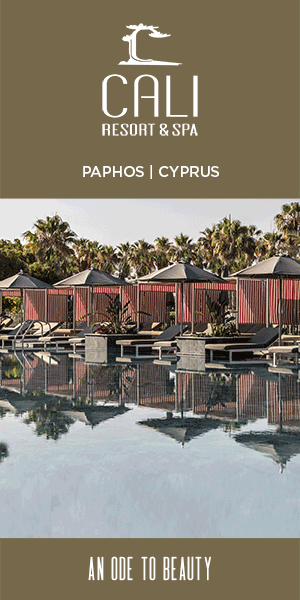Along with improved hygiene procedures and more no-touch technology, increased privacy and flexibility are two of the stand-out trends that will shape the lodging industry in 2021, according to Globaldata.
As 2020 draws to a close, Travel & Tourism Analyst Ralph Hollister offers his view on these trends. Hollister noted: ?Hotels that cannot provide more secluded spots or offer increased booking flexibility could be at risk of losing out even further in 2021. Rate plans to accommodate longer stays need to be offered, whilst the marketing of no-touch technology and increased hygiene procedures needs to be increasingly visible.?
Longer Stays
?We have come to the realisation that 2021 will not be free from the effects of COVID-19. Travelers will be looking to take fewer trips. Uncertainty is strife and it may lead to people going ?all out? on one big trip, rather than risking several smaller ones that could be cancelled. Lodging providers need to prepare by creating rate plans for extended stays in order to offer increased value. The weekly rate plan requires a minimum length of stay of seven nights, and for the monthly rate plan, a length of stay of 28 nights is the minimum requirement. Long stays will be particularly popular with digital nomads, students and business travellers.?
Increased Privacy
The need for more private forms of accommodation has surged during the pandemic and has benefited companies such as Airbnb but traditional hotels unable to offer similar privacy have not witnessed similar growth.
Hollister noted: ?The likes of Vrbo and Airbnb can offer an abundance of accommodation types in more secluded areas, while many major hotels are stuck with city-center properties. In the short term, travellers may feel there is little sense in risking a city-center location when the main attractions are closed. Demand for city breaks will slowly return in the coming years as the dust settles, but domestic breaks in rural locations are likely to be the preference and return at a much quicker rate.?
Improved Hygiene Procedures
According to a GlobalData survey, 59% of global respondents are concerned about their physical fitness and health during COVID-19. This significant level of concern has meant that lodging providers have had to dramatically improve hygiene and sanitation procedures. However, it is not enough to just have these in place - they have also had to effectively market these changes to gain customer confidence.
Hollister noted: ?All major players in the lodging industry have been implementing and showcasing their new hygiene procedures this year - for example, Hilton?s partnership with healthcare professionals Mayo Clinic, which has helped increase consumer confidence. These procedures will continue to be refined in 2021 as the pandemic continues.?
More No-Touch Technology
Technology in lodging that reduces customer contact with frequently touched surfaces and other humans will be positively received, especially considering a total 60% of global respondents are ?somewhat? ?often? or ?always? influenced by how digitally advanced or ?smart? a service is, according to a GlobalData survey (December 2-6).
Hollister continued: ?In 2021, hotels will increase their adoption of technology that reduces the number of touch points. Abilities such as online check-ins and check-outs, mobile keys and room settings controlled by Internet of Things (IoT) technology will become much more commonplace. Using IoT to control room settings also allows hotels to gather more data on guests, creating a more personalised experience when they next return. According to GlobalData?s lodging scorecard, Marriott is one of leaders in the adoption of IoT, scoring the maximum of ?5? for the adoption of this technology. The company recently revealed an IoT focused hotel room, in partnership with Samsung and Legrand, personalised by the needs and interests of the individual guest.?












